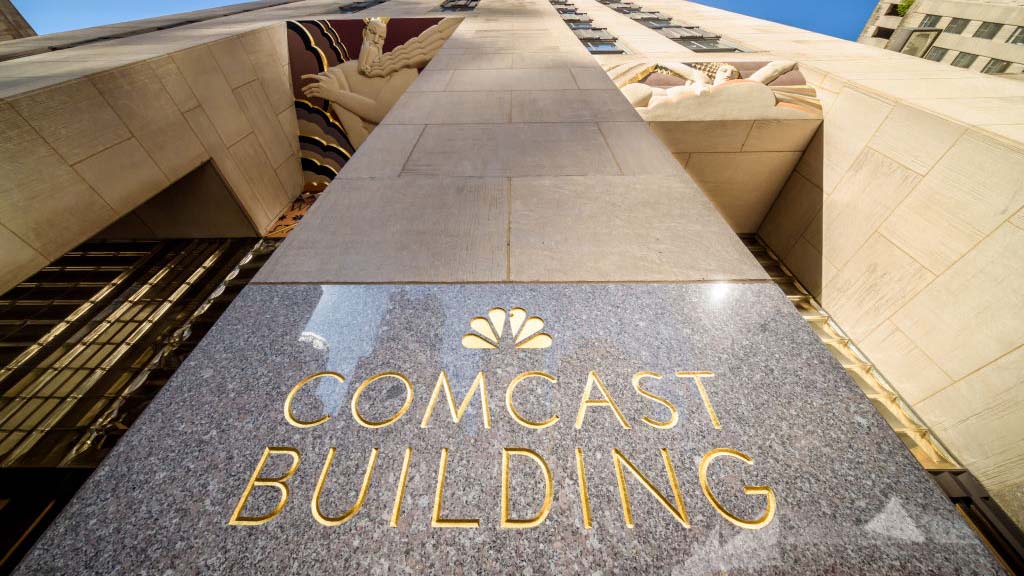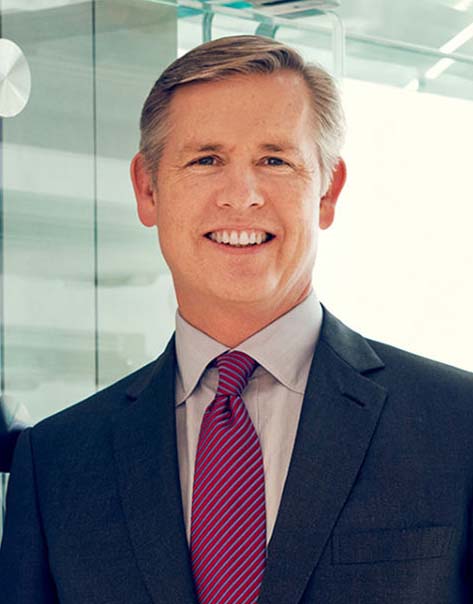
PHILADELPHIA—Comcast said today that it is spinning off its cable network business into a new publicly traded company that will house NBCUniversal’s cable television networks, including USA Network, CNBC, MSNBC, Oxygen, E!, Syfy and Golf Channel, along with complementary digital assets including Fandango and Rotten Tomatoes, GolfNow and Sports Engine.
Comcast says the “tax-free spinoff,” to be named “SpinCo” and expected to be completed within a year, “will have significant scale as a pure-play set of assets anchored by leading news, sports and entertainment content.”
Although The Wall Street Journal broke the news Tuesday night, the move was hinted at just last month when the company said it was looking at such an arrangement. On its Oct. 31 third-quarter earnings call, Comcast President Mike Cavanagh said the company was looking for “the best path forward” for its cable assets. He also admitted the company was still investigating the potential spinoff and the timing of today’s announcement seems to indicate the company wanted to get out ahead of speculation.

“There are a lot of questions to which we don't have answers so we want to do the work, and we want to do the work with transparency around it so that as rumors fly and the like, we expect that,” Cavanagh told analysts.
The networks that will comprise SpinCo generated about $7 billion in revenue for the fiscal year that ended Sept. 30, Comcast said, adding that the spinoff will have the same dual-class share structure as Comcast.
Comcast’s NBCUniversal division will hang onto Bravo, the NBC broadcast network, Telemundo, the Peacock streaming service and all of its other assets, including NBC Sports and the Universal theme parks.
The move is perhaps one of the most explicit examples of how cord-cutting has decimated the traditional cable business model over the past decade, with more subscribers dropping video services in favor of broadband-only households, some of which supplement their TV viewing with free over-the-air broadcasts.
The professional video industry's #1 source for news, trends and product and tech information. Sign up below.
Since 2013, both satellite and cable providers have lost a collective 30 million TV subscribers; Comcast’s video subscriber base has declined about 9 million over the same time period.
Comcast’s decision to hang onto NBCUniversal reflects the notion that there’s still value to its broadcast properties, especially when it comes to live sports. But even that business model is being slowly eaten away by competition from the likes of Amazon’s Prime Video and Netflix, which are now (or will be) broadcasting live NFL games this season, as well as the traditional media companies themselves, which are scheduling exclusive NFL games for their streaming services.
Comcast says SpinCo’s stable of news, sports and entertainment cable brands will reach about 70 million U.S. households.
“When you look at our assets, talented management team and balance sheet strength, we are able to set these businesses up for future growth,” Brian Roberts, chairman and CEO of Comcast, said. “With significant financial resources from day one, SpinCo will be ideally positioned for success and highly attractive to investors, content creators, distributors and potential partners.”
The planned spinoff will also strategically position NBCUniversal with its leading broadcast and streaming media properties, including NBC entertainment, sports, news and Bravo—all of which power Peacock—along with Telemundo, the theme parks business and film and television studios.
“This transaction positions both SpinCo and NBCUniversal to play offense in a changing media landscape,” Cavanagh said. “Taken together, the entirety of NBCUniversal will be on a new growth trajectory, fueled by our world-class content, technology, IP, properties and talent—all working in concert with each other as an integrated media company.”
Tom has covered the broadcast technology market for the past 25 years, including three years handling member communications for the National Association of Broadcasters followed by a year as editor of Video Technology News and DTV Business executive newsletters for Phillips Publishing. In 1999 he launched digitalbroadcasting.com for internet B2B portal Verticalnet. He is also a charter member of the CTA's Academy of Digital TV Pioneers. Since 2001, he has been editor-in-chief of TV Tech (www.tvtech.com), the leading source of news and information on broadcast and related media technology and is a frequent contributor and moderator to the brand’s Tech Leadership events.

